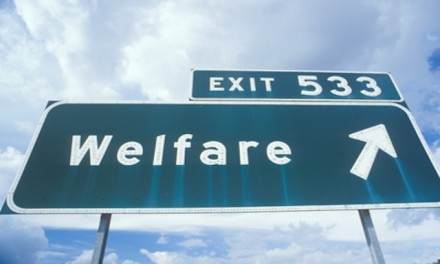A person is presumed innocent until proven guilty. But a person’s property? Well, that’s a different matter.
Although there has been some fresh thinking about civil asset forfeiture of private property, the constitutional shredding continues.
Under the Department of Justice and the U.S. Marshals Service, along with the IRS, government agents are allowed to seize property (cash, cars, computers, etc.) from people who haven’t been convicted of anything. Those caught up in this Kafkaesque nightmare must prove their innocence.
Last year it’s estimated that Justice “oversaw” the collection of more than $1.6 billion from states participating in the civil asset forfeiture “equitable sharing” program, writes Cheryl K. Chumley for The Washington Times.
Two years ago, the IRS changed its policy. “Restructuring laws, the frequent precursor to civil asset forfeitures, could only be applied to actual criminals,” reports Ms. Chumley. But the property seizures — and the “sharing” — continue. The U.S. Marshals Service is managing seized assess totaling billions of dollars.
On this issue, the Fourth Amendment is clear: The “right of the people to be secure in their persons, houses, papers and effects, against unreasonable searchers and seizures, shall not be violated.”
The law is on the side of property owners. Presuming otherwise, without a trial or conviction, is thievery.
___
(c)2016 The Pittsburgh Tribune-Review (Greensburg, Pa.)
Visit The Pittsburgh Tribune-Review (Greensburg, Pa.) at www.triblive.com
Distributed by Tribune Content Agency, LLC.
—-
This content is published through a licensing agreement with Acquire Media using its NewsEdge technology.


















Recent Comments